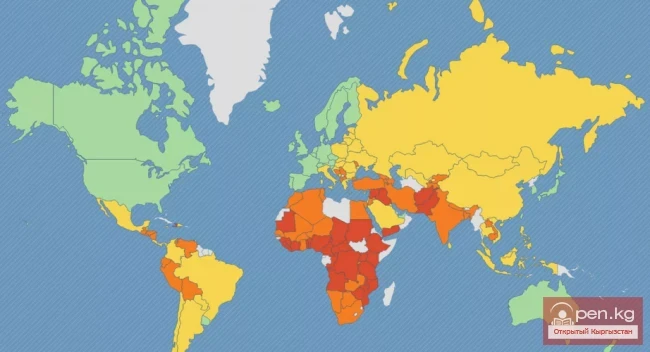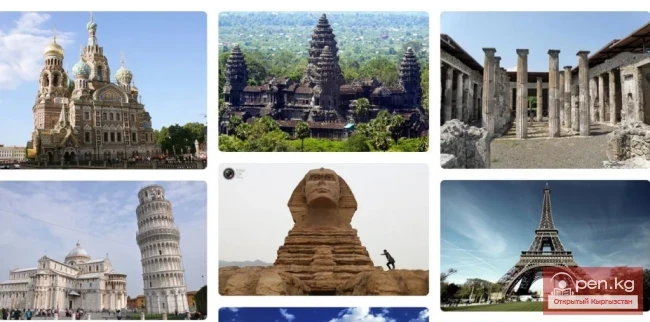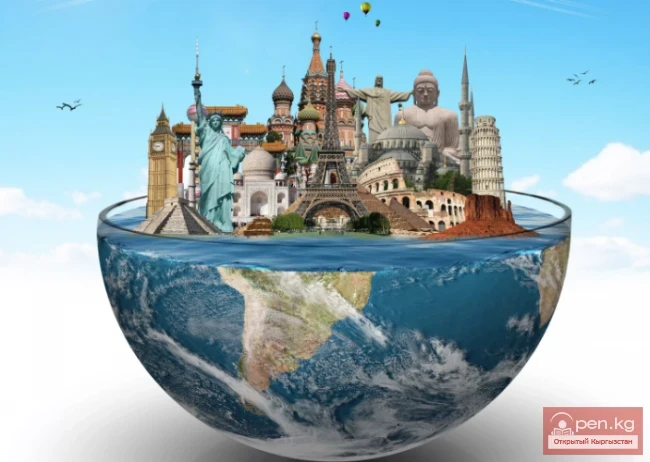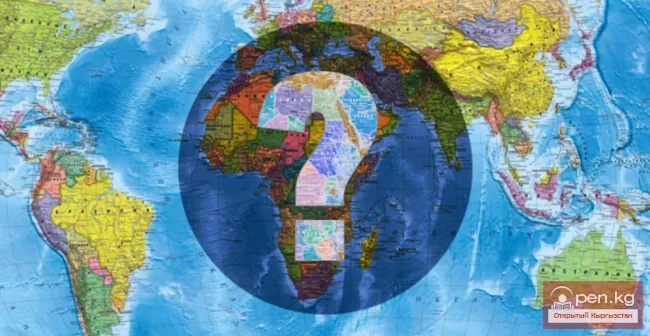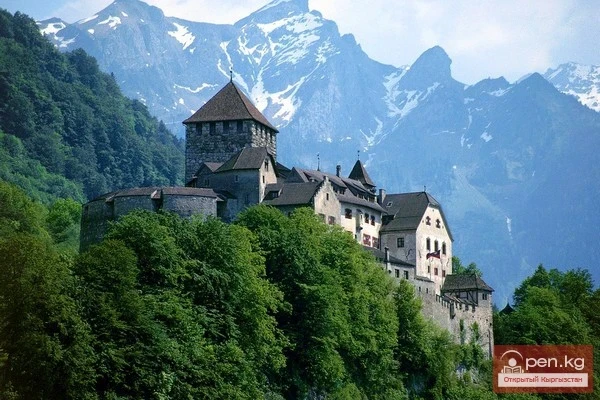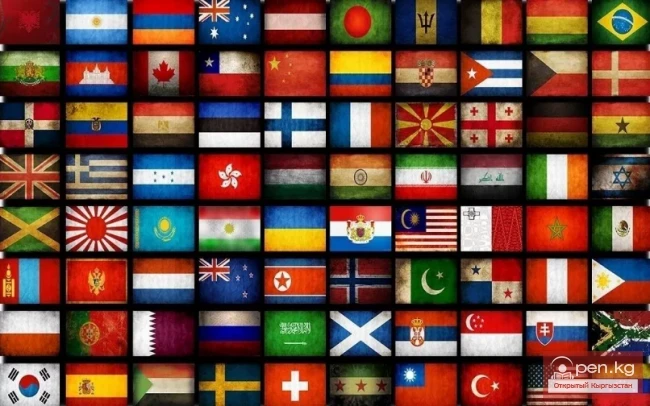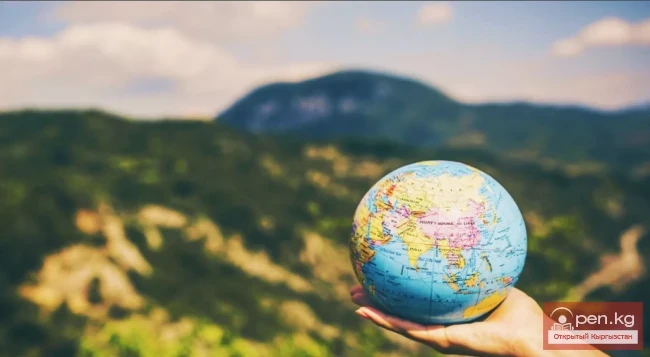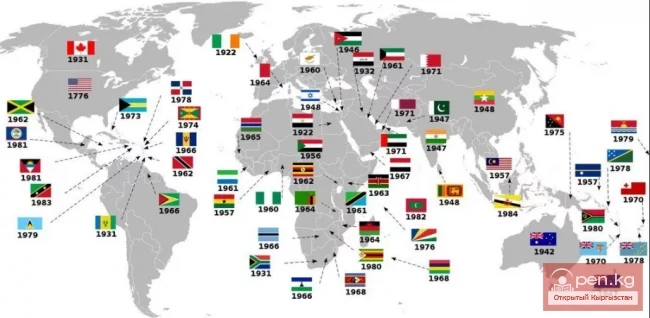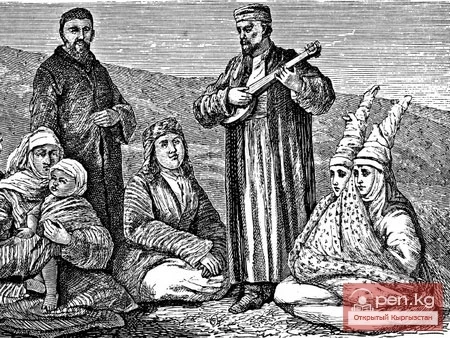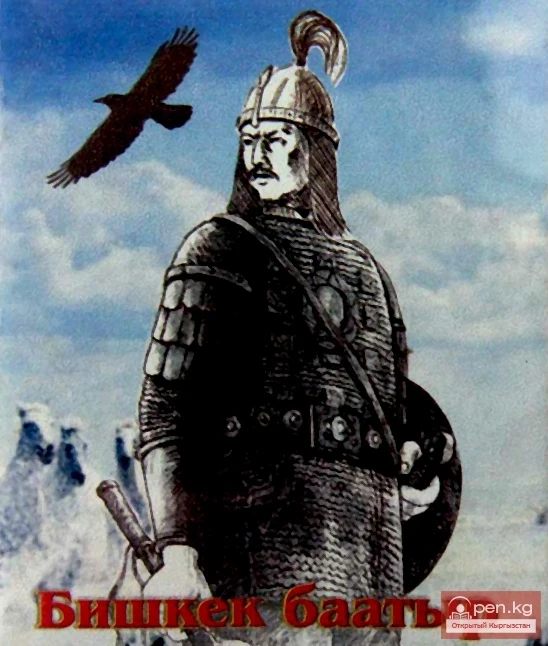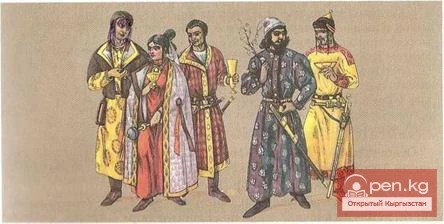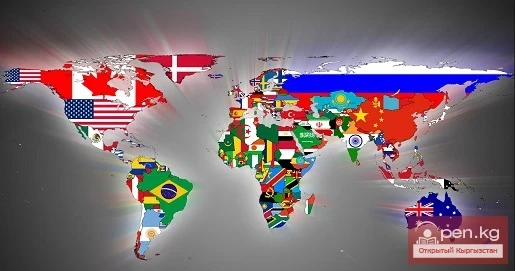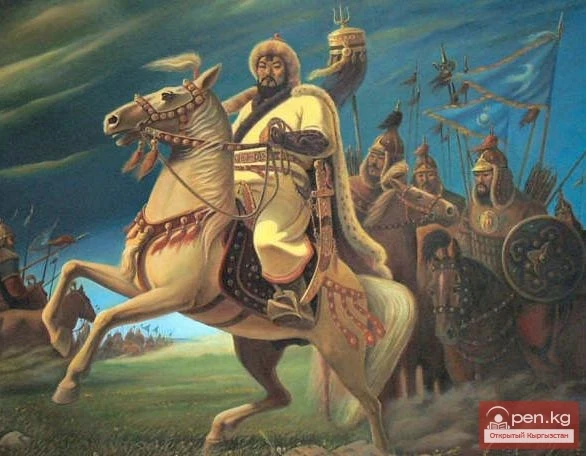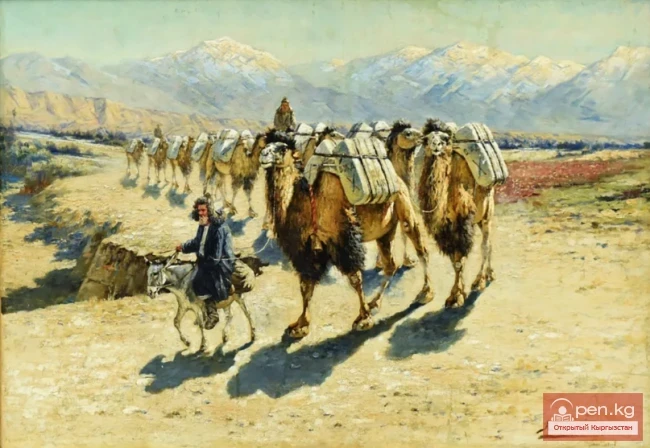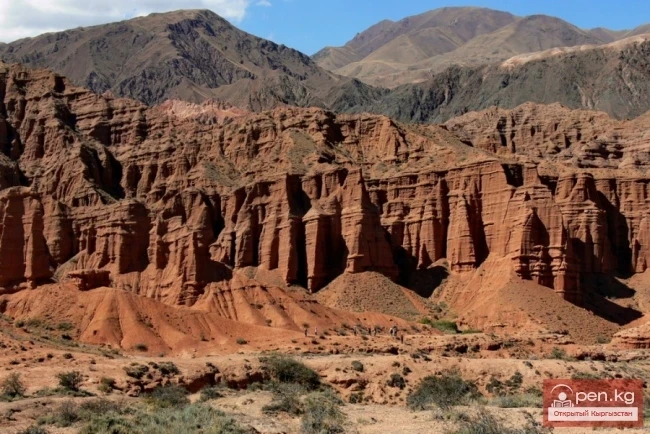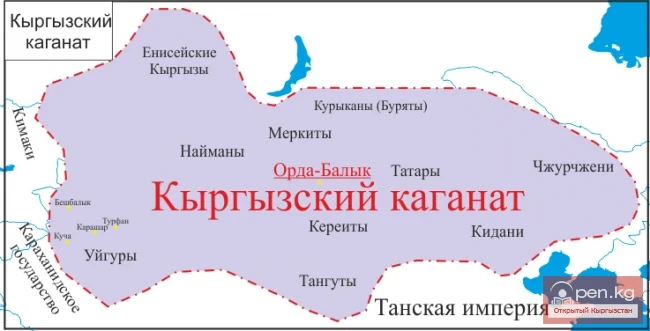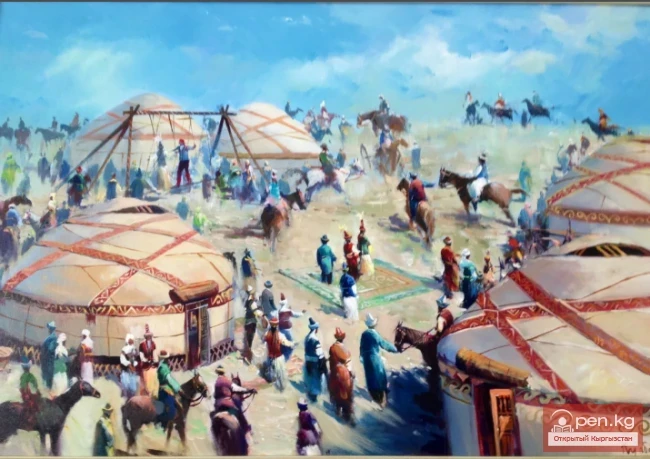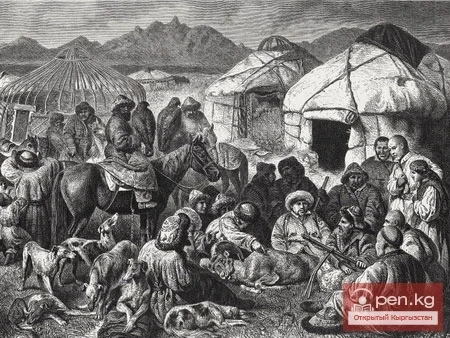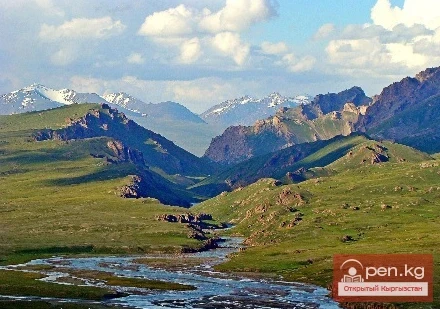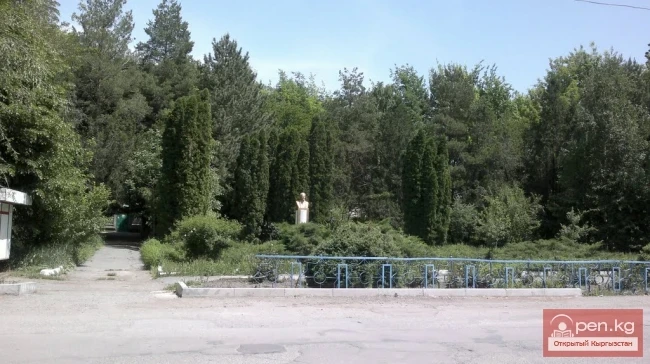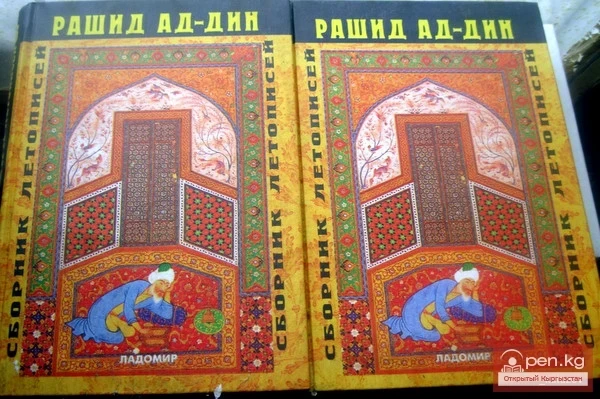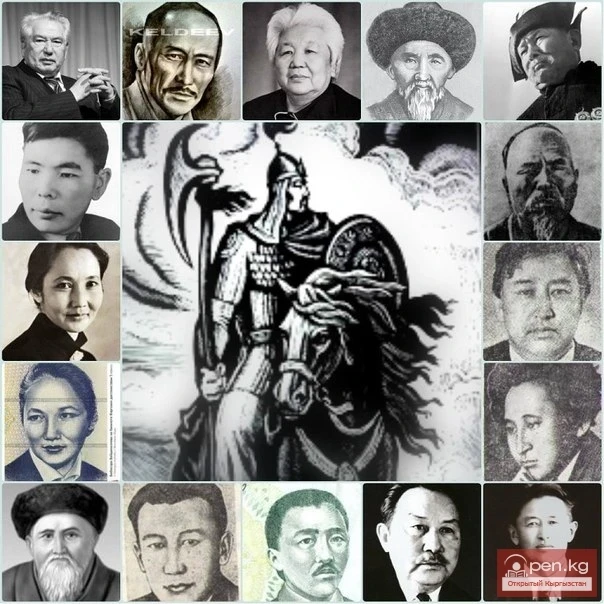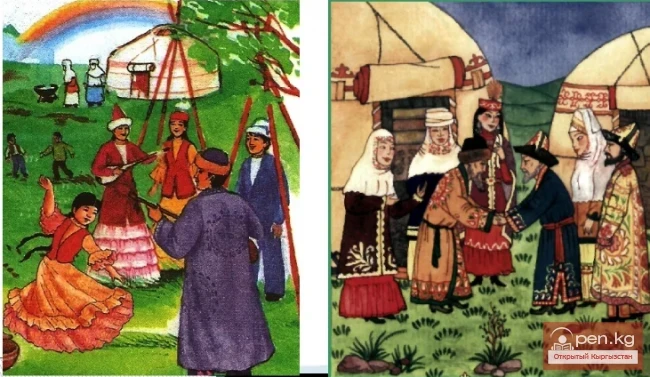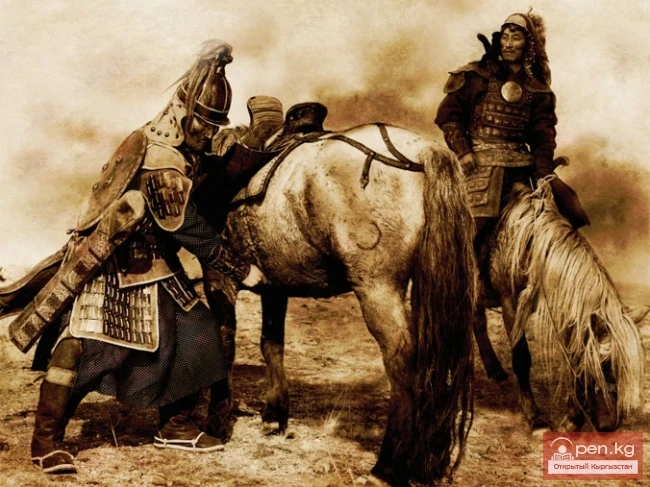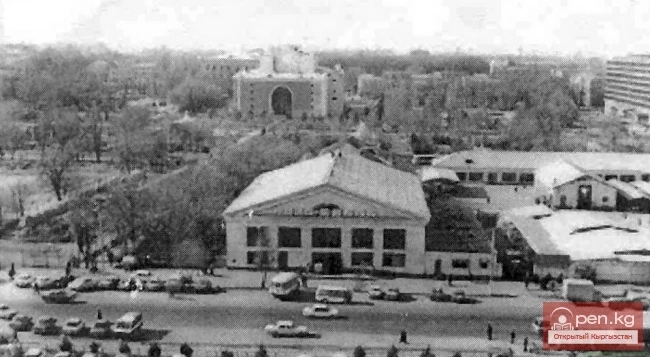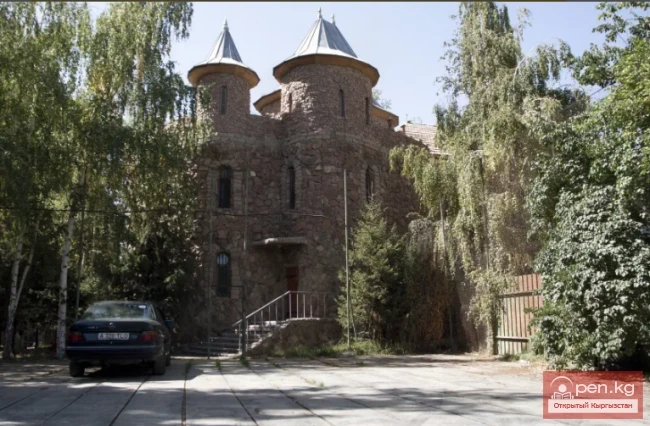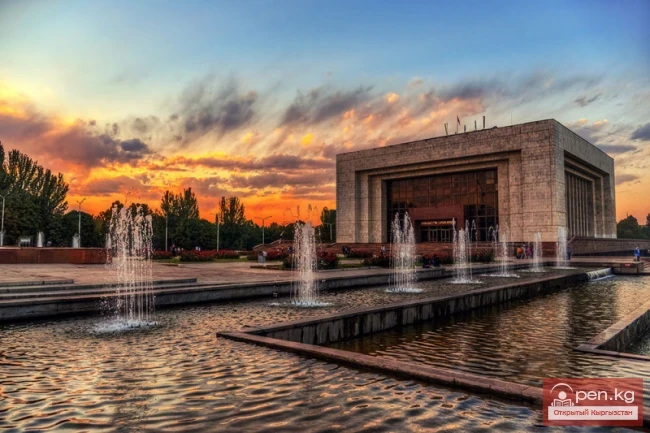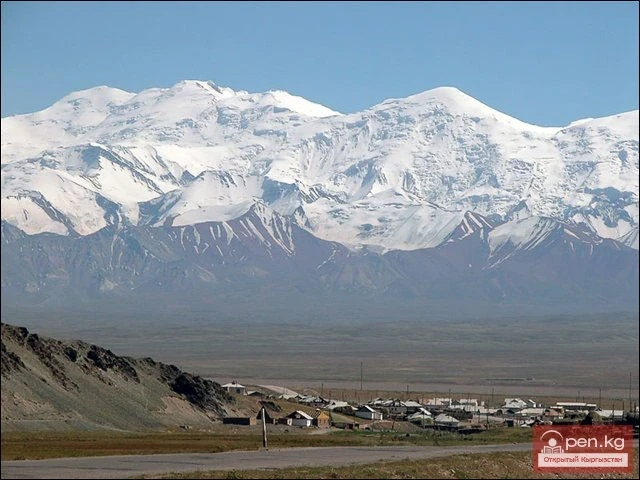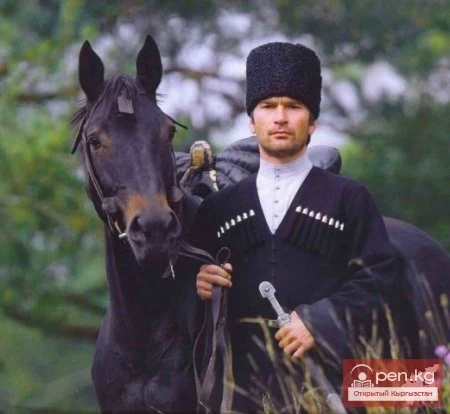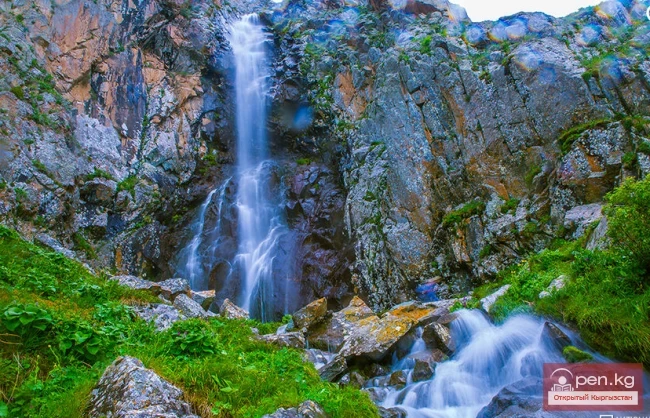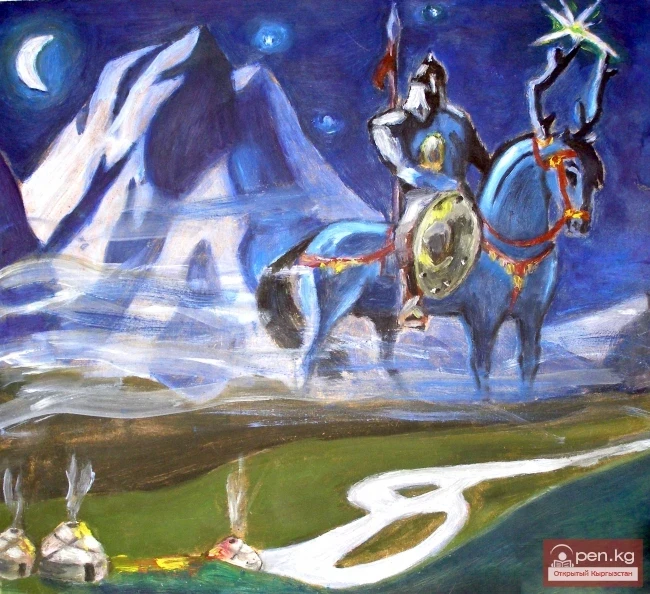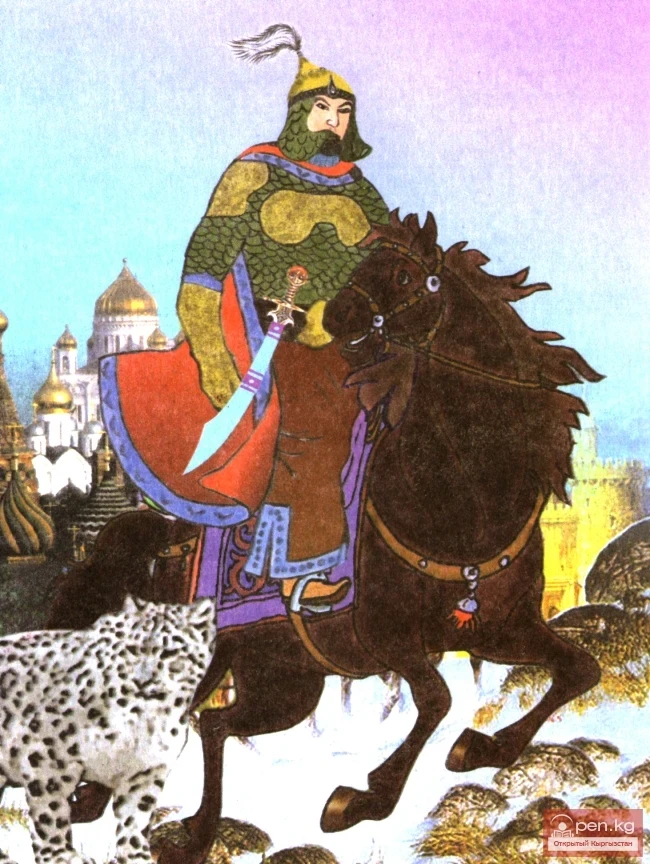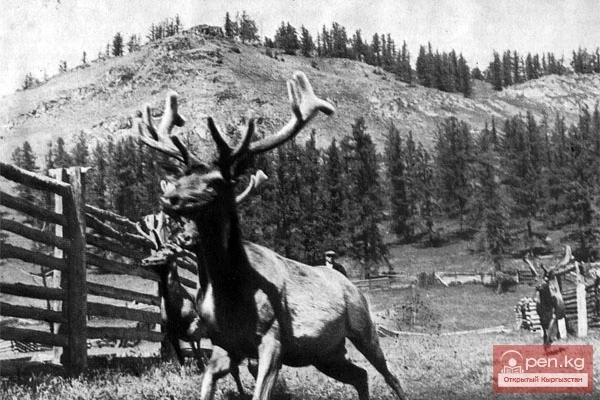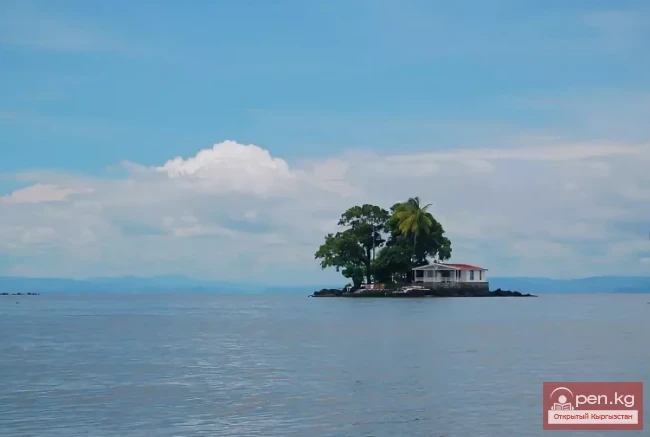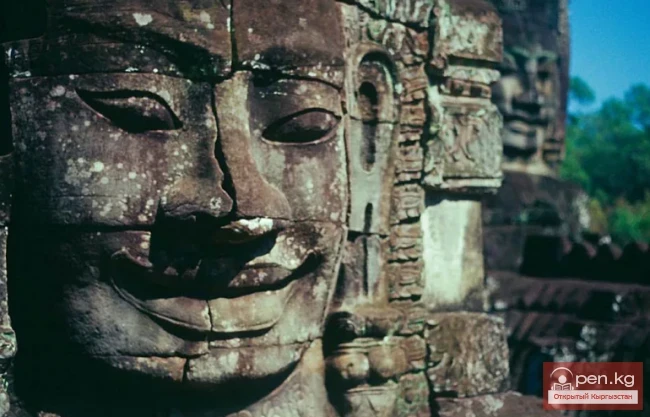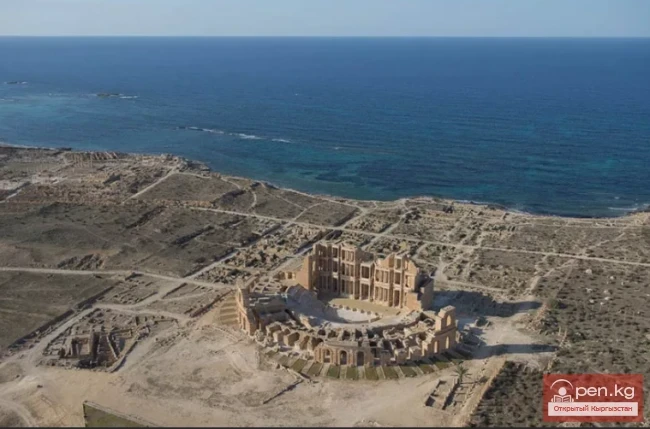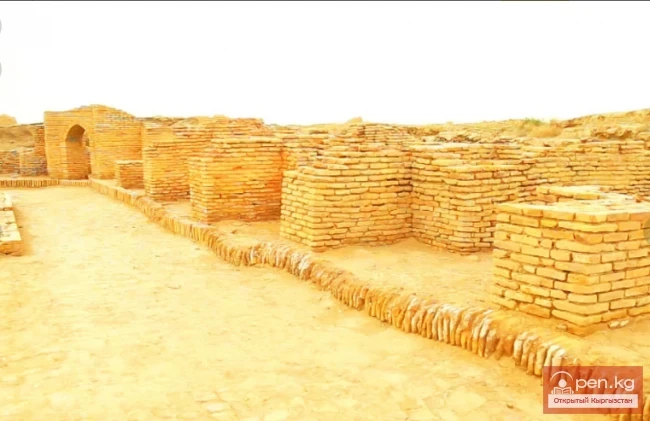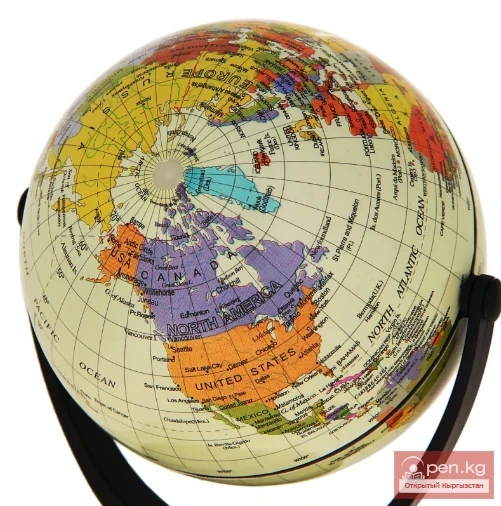
Laos.
From the ethnonym "Lao" — the most numerous people in the country.Lebanon. From the name of the Lebanon mountain range, derived from the ancient Semitic "laban" — "white". The peaks are covered with snow in winter.
Lesotho - in honor of the Sotho people.
Liberia - from Latin liber, "free". The country in West Africa was founded by the USA in 1822. It was named so because the nation was created as a homeland for freed American slaves, to settle it with freed slaves of African descent.
Lithuania - From the ancient name of the river Letava, on the banks of which was the most powerful principality in the region.
Latvia. In the 19th century, Lithuanians referred to Latwija as the territory of Courland (the western part of Latvia). The toponym is related to the Latgalian tribe.
Liechtenstein - "light stone". In the early 18th century, the Austrian prince Hans-Adam of Liechtenstein purchased and united the territories of Schellenberg and Vaduz. The Roman Emperor allowed the family to rename their new property. The country was named after the Liechtenstein dynasty in 1719 in his honor.
Luxembourg - (Celtic 'Lucilem' - "small", German 'burg' - "castle") "small castle". Before becoming a state, uniting several abbeys and lands under its power, Luxembourg was merely a fort, where Count Siegfried built a castle in 963. The name of the state became the name of its capital, built on the site of the ancient Roman fortress Lucilinburg, which means "small town".
M
Myanmar. Colonists called the country Burma — from the name of the Burmese people (self-name — bama´). "Myanmar" apparently was a literary form of pronouncing the word "bama".
Mongolia. From the ethnonym "Mongols", possibly derived from "mong" — "brave". The mention of "mongu" ("mên'yü", mênwu") appears in Chinese chronicles from the Tang dynasty (7th–10th centuries AD). For the Chinese, the name sounded similar to "mogui" — "devil". The Mongols were extremely dangerous neighbors.
Mauritius - named in honor of the Dutch ruler Prince Maurice of Nassau.
Malawi - from the local "burning water", possibly referring to Lake Malawi.
Malaysia. From the name of the Malay people. Gaining independence in 1957, the country, located then only on the Malay Peninsula (Malacca), adopted the name Malay Federation. It became Malaysia in 1963 after the joining of the states of Singapore, Sabah, and Sarawak (the northern part of the island of Borneo).
Maldives - in Sanskrit mahal ("palace"), diva ("island"). The capital of the republic is the city of Male. Its name comes from the Sanskrit "mala" — "garland" and "dvipa" — "island". In the country, another version is more popular, where the Maldives are called "island-palaces" (from Sanskrit "mahalaya" — "big house, palace"). On the main island was the palace of the local sultan.
Macedonia. According to one of the old versions, the name originated from the name of Macedon, the leader of a local tribe. It is now more likely that it was related to the Illyrian word maketia — "cattle".
Malta - from the Phoenician "refuge". The name has likely been preserved from the address due to the existence of the Greek and Latin word melitta ("honey"), the name of the island in ancient times, as well as the main export product at that time.
Morocco - from the city of Marrakech. The local name "Al Maghreb al Aqsa" means "the far west".
Marshall Islands - named in honor of British Captain John Marshall, who first documented the existence of the island in 1788.
Mexico - named after the Aztec branch of the same name. According to one hypothesis, the ancient name of the country (Mexihco) is formed from two Aztec words "Moon" (metztli) and "navel" (xictli). This meaning "place in the center of the Moon" may refer to the location of the city of Tenochtitlan in the middle of Lake Texcoco. The system of interconnected lakes resembled a rabbit, which the Aztecs associated with the Moon.
Micronesia - from Greek "small islands".
Moldova - from the river Moldova in Romania. The river was named so due to quarrying of minerals, for which its waters were used. Molde - a German term for this type of extraction.
Another version: Roman Prince Drago loved to hunt bison and wild cattle. One day he chased an animal, but the bison managed to escape. Disappointed, Drago became very angry, but his favorite dog Moldova suddenly caught the scent and the hunt continued. Moldova continued the chase until the man and his best friend cornered the wild animal near the banks of the river. After a serious struggle, the bison was dead, but the dog also perished. Drago was so saddened by the loss of his faithful companion that he named these lands in honor of the dog. The hunting legend became symbolic for Moldova — even its flag contains an image of a bison.
Monaco - "one and alone", referring to the Greek hero Hercules. From the Greek "monoikos". This was the name of the area that was a place of worship for the hero Hercules, where his sanctuaries were located. Monoikos (Greek "living alone") — one of the nicknames of Hercules.
